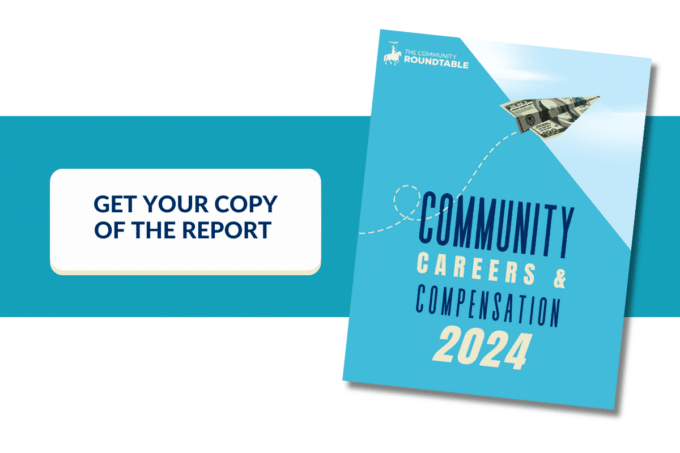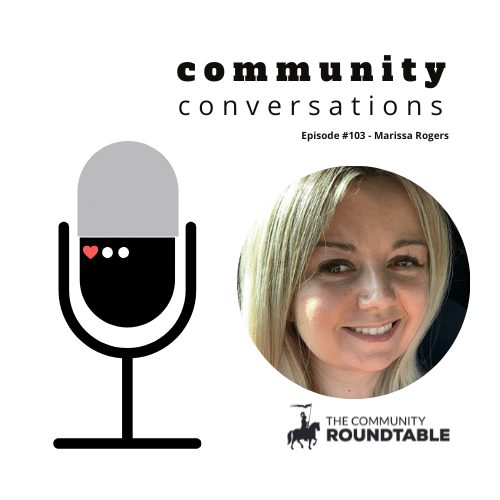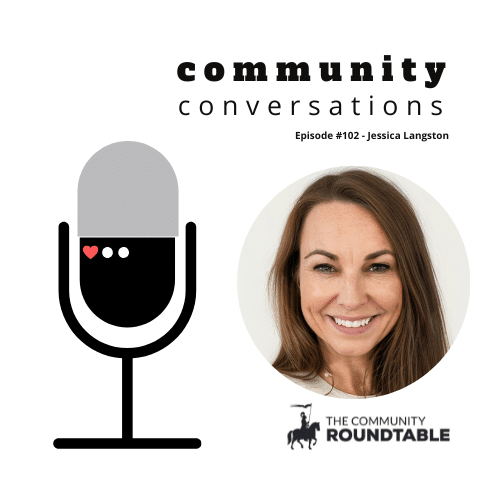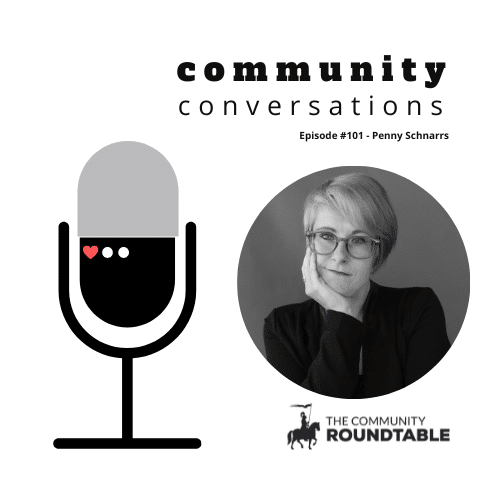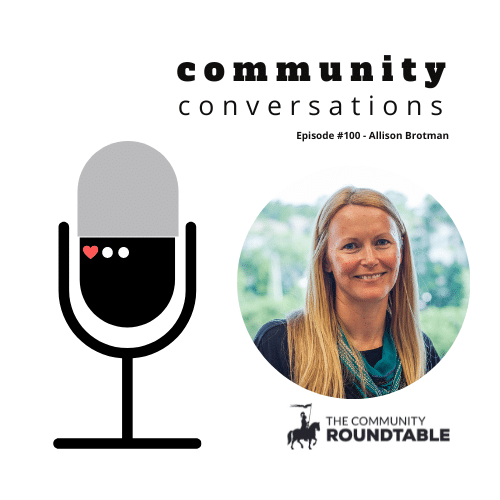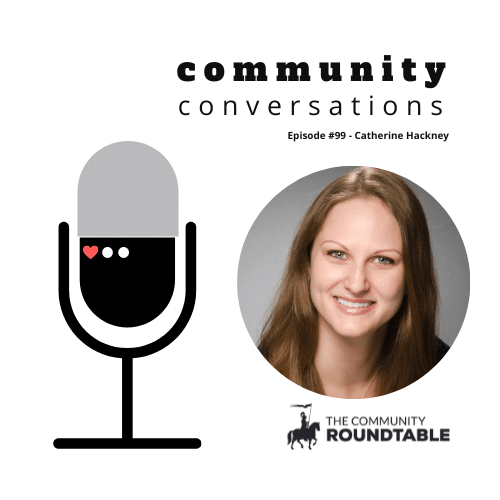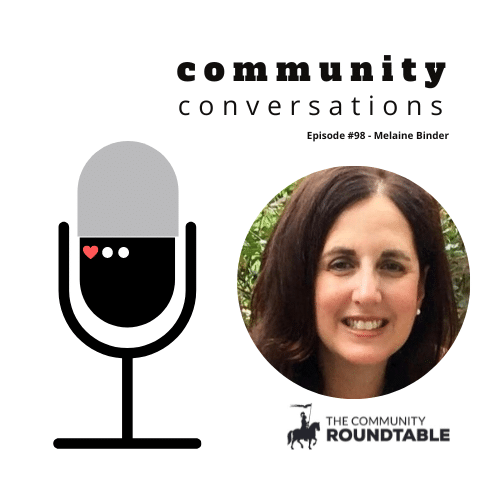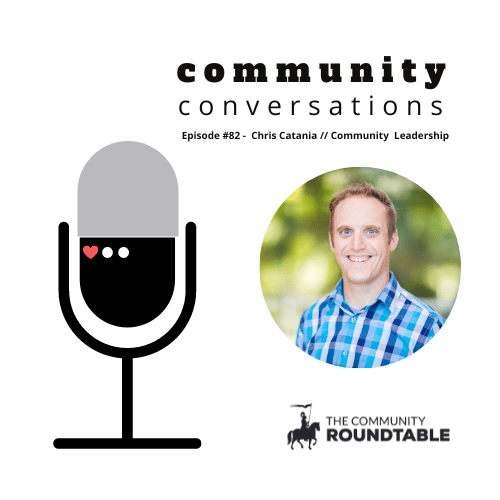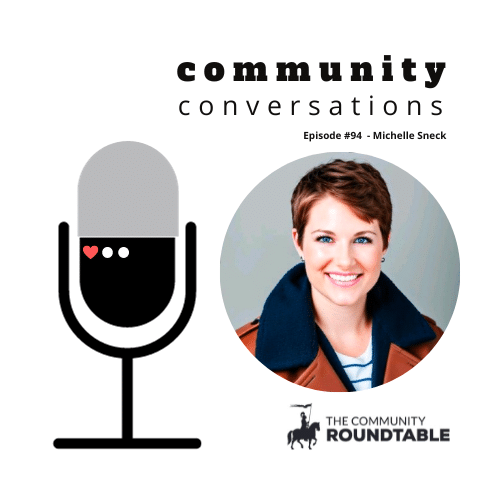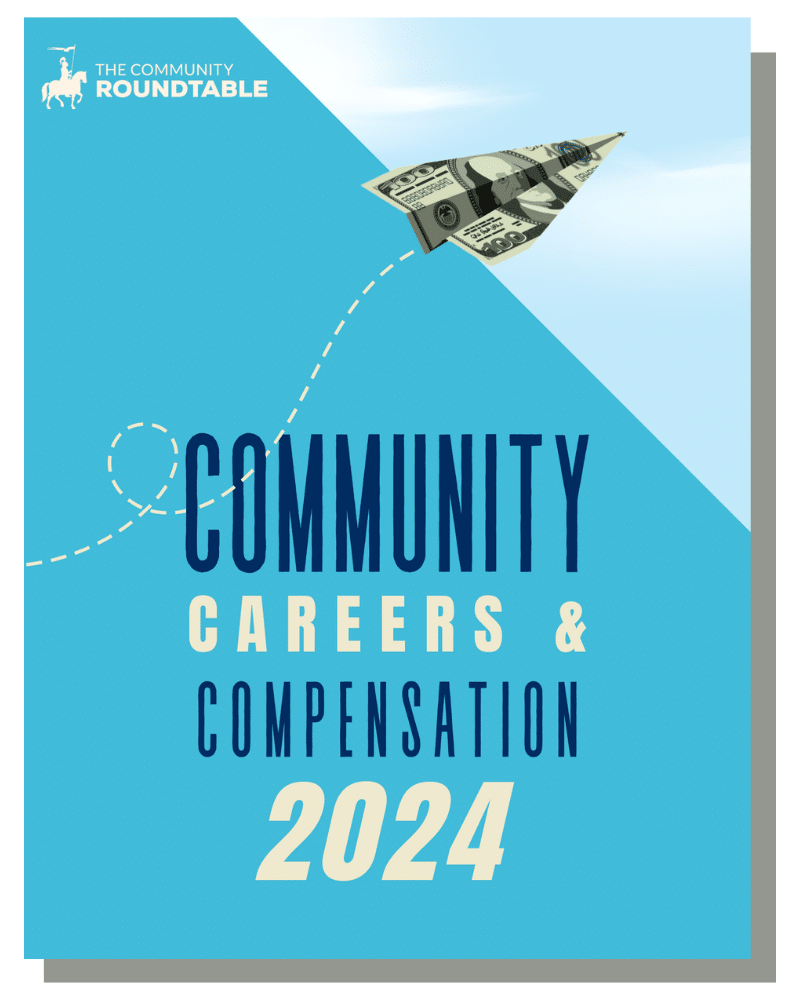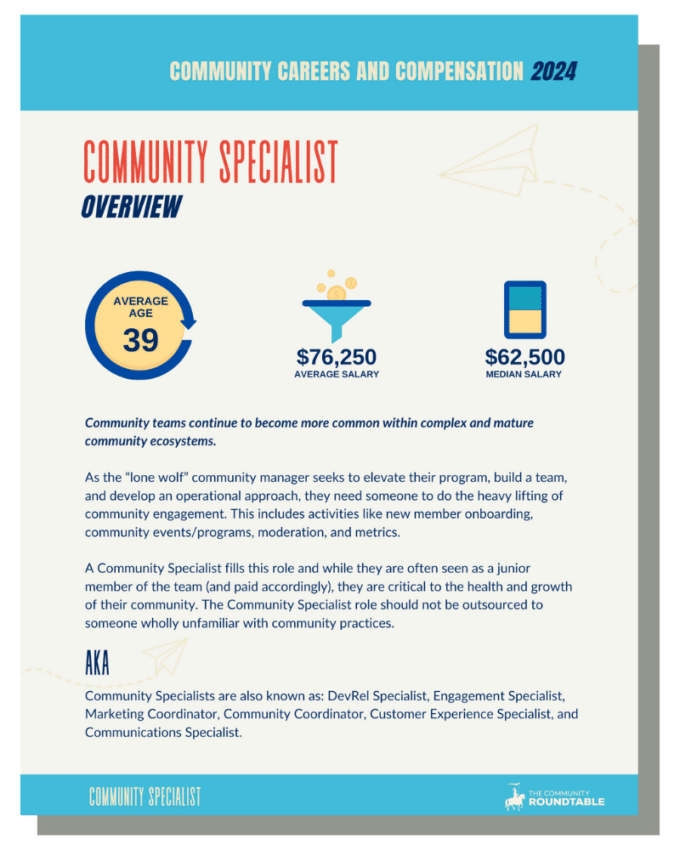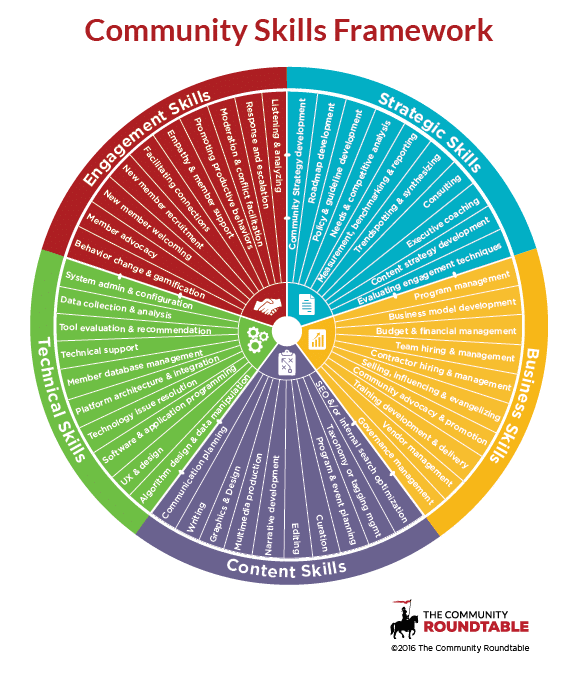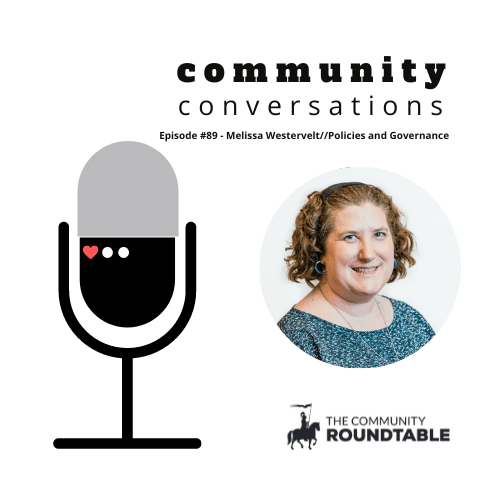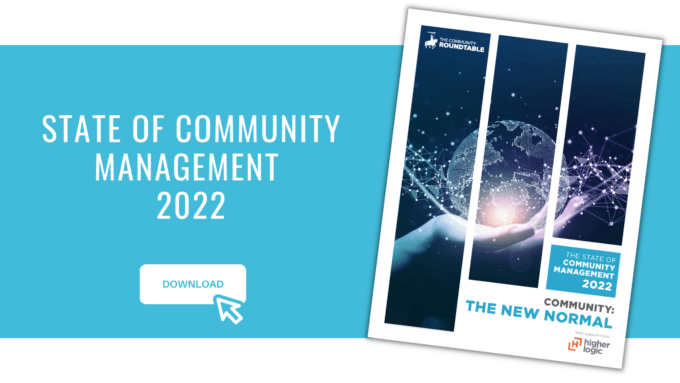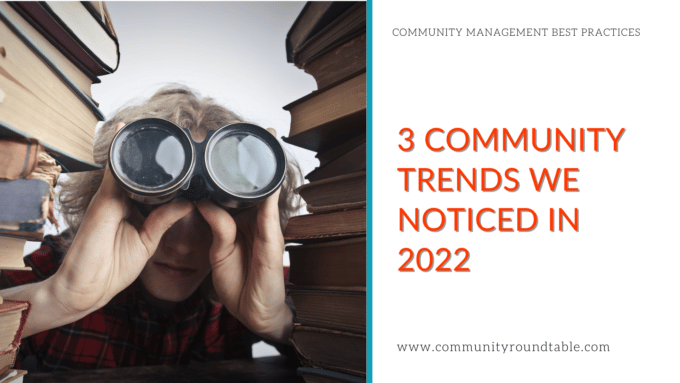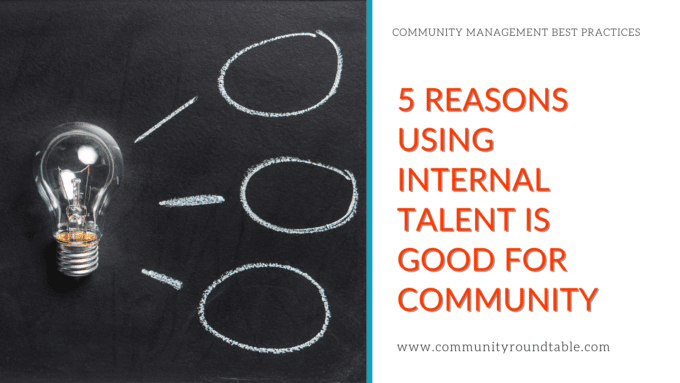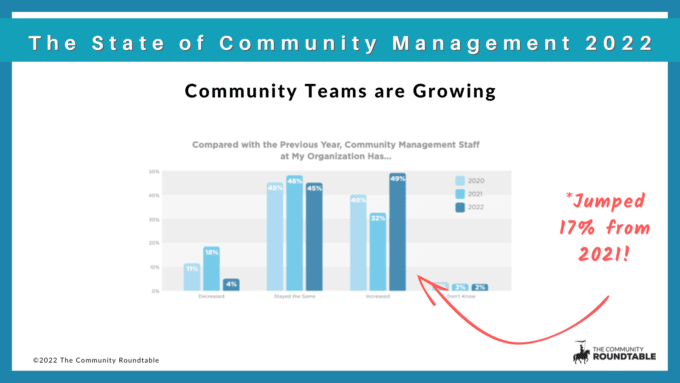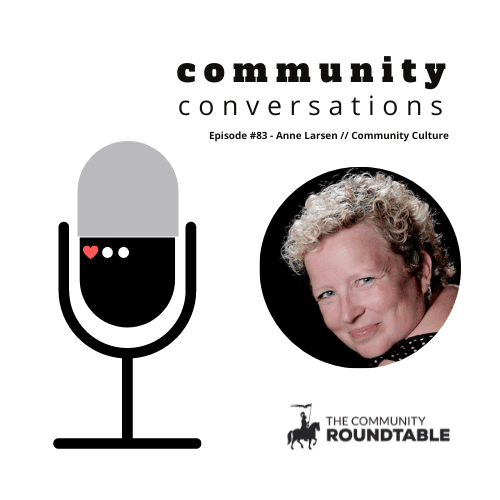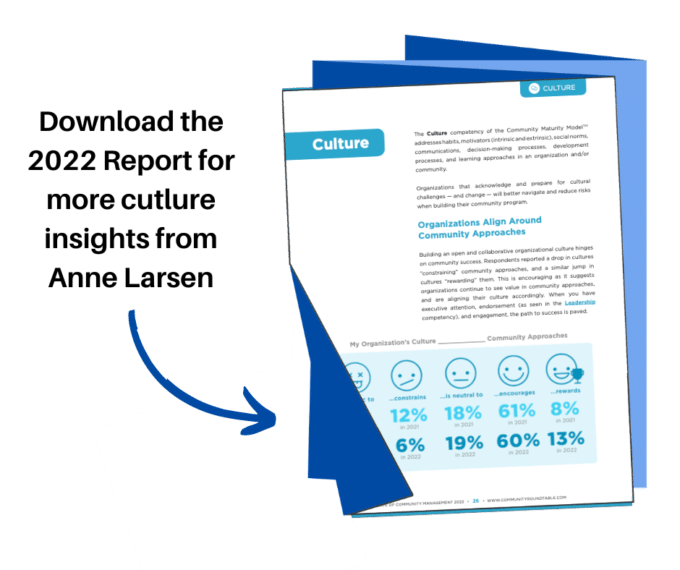The community manager is often the first hire when a company begins an online community initiative.
Many organizations hire Community Managers from within, re-assigning someone with the skills to be effective. They often have a communications or marketing background, but many also have customer support training. Community Managers wear many hats: creating content, engaging with members, and evangelizing community approaches within their organization. This can be exciting and fulfilling work, but long-time solo practitioners have a high incidence of burnout.

A thoughtful executive champion ensures an individual community manager has the resources (both internal and external) to be successful. A peer network like our private community The Network is often indispensable for effective Community Managers.
Online Community Manager Skills Assessment
A Community Manager is a conductor, organizing the orchestra to hit all the right notes. This individual needs many different skills and the ability to delegate jobs to others to achieve their goals. They engage product experts to chime in on customer discussions, encourage power-users to model behavior, and empower subject matter experts to create content that fuels conversations.
Community Managers must communicate the business value of the community to ensure ongoing support. This includes influencing and evangelizing, budgeting and financial management, and overall program management.
When a solo practitioner, a Community Manager is often required to make tool and user experience recommendations to ensure the community is aligned with business objectives. Once the community is active, they are involved in data collection and analysis and member database management. They also work closely with TI teams to help resolve technical issues and properly integrate the community with existing business systems.
While many Community Managers’ activities are strategic, these skills often reside with their manager or executive champion early on. Whether working alone or as part of a team, a Community Manager has a varied skill set and is still involved in al aspects of the community. Savvy organizations often
tap a seasoned business professional from within as their first Community Manager, leaning on their business skills and knowledge of the organization while leveling up their content and engagement skills with help from outside advisors.
Download the Community Careers and Compensation report to learn more about community roles, view the profile of a community manager, and explore trends in community salaries.
